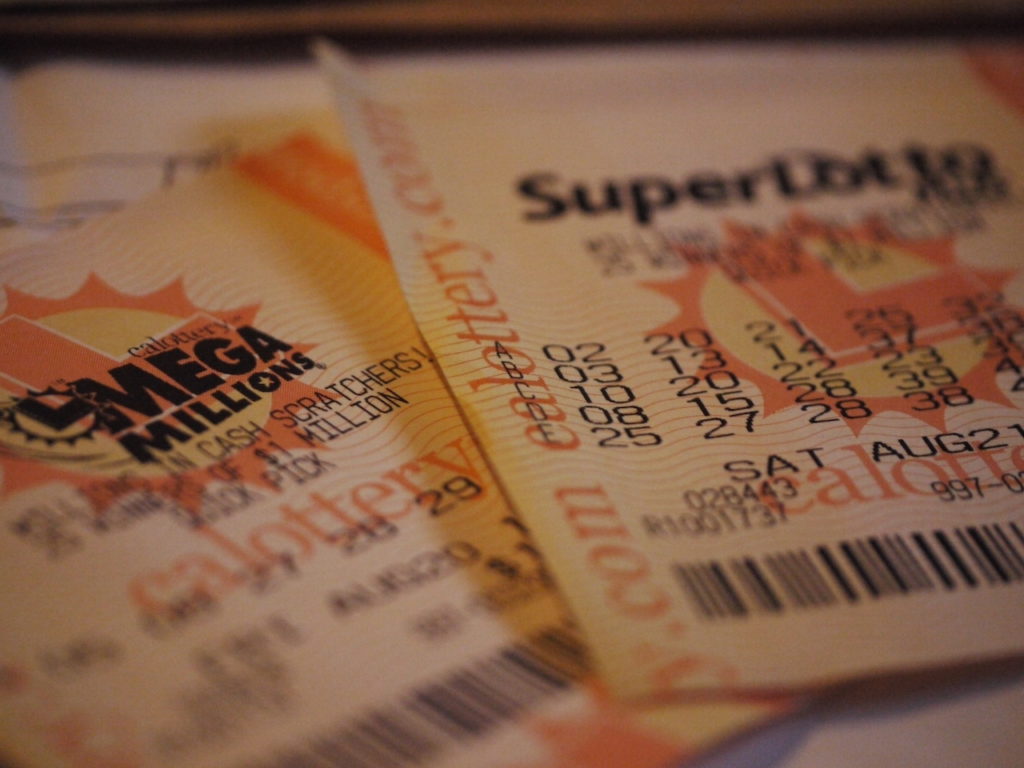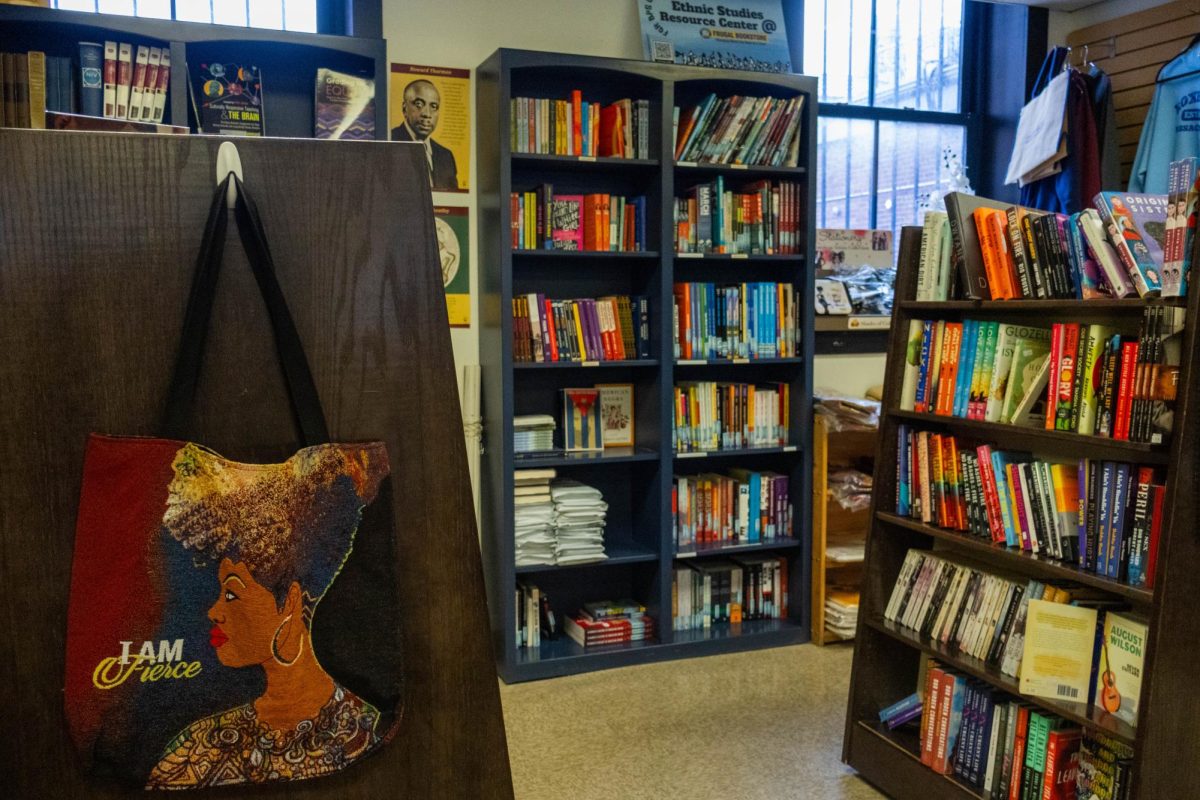By Sahan Weerakoon, news correspondent
Billion-dollar fantasy sports companies DraftKings and FanDuel may soon face a state-sponsored competitor. The Massachusetts Lottery has announced it is exploring the addition of daily fantasy sports (DFS) to its extensive list of games.
The implementation of such a program would add Massachusetts to a short list of states, including Arizona, Delaware and New Jersey, that have considered the idea. Montana is one of the few that has followed through. For now, the game is in its infant stages.
“We’re still uncertain. We’re very much in an exploratory stage,” Michael Sweeney, director of the Massachusetts Lottery, said. “We want to issue an RFI [request for information] to better understand the DFS market.”
The potential release date and logistical details of the game are still being developed, Sweeney added. The RFI is expected to be released before the end of the year.
DFS are a relative newcomer to the world of fantasy sports. Like the season-long fantasy games that predate them, DFS requires competitors to build a virtual roster of players from a particular sport or competition who score points for their team based on their real-world performances. DFS companies like FanDuel and Boston-based DraftKings have carved a niche in the fantasy sports market by allowing customers to compete for real-world monetary prizes on a weekly or daily basis.
One of the most lucrative lotteries in the country, with nearly $1 billion in revenue annually, the Massachusetts Lottery views the possibility of a DFS game as a milestone. The lottery hasn’t added a new game in decades, according to Sweeney. In addition, its main demographic continues to grow older: most lottery players are 35 to 64 years old.
Some believe the fast pace and entertainment value of DFS are more engaging than scratch cards, contributing to the lottery’s relative lack of popularity.
“Sports betting is just more exciting and fun,” Frank Ali, freshman computer engineering major at Northeastern University, said. “You can watch the game you bet on. Ultimately, online betting is far more engaging. The lottery is strictly chance.”
Samuel Bloch, a user of FanDuel and a Northeastern alumnus who graduated in 2014, enjoys the competitive nature of the game.
“I think that the skill involved creates an exclusionary aspect that people are drawn to,” Bloch said. “If you don’t know anything about football, you can’t really play fantasy football.”
Other students see the lottery as a safer alternative to commercial DFS.
“I think it’s safer playing the lottery than playing something like DraftKings,” Max Meyers, sophomore political science major, said. “I think [DFS] can become extremely addictive.”
DFS companies have faced challenges from several avenues in recent weeks. Last month, the FBI began an investigation into the legality of DraftKings and similar sites, the Boston Globe reported. The Massachusetts Gaming Commission noted the murky status of such games in a memo on Oct. 29, but has yet to issue more substantial comment concerning their regulation.
In the most recent twist, the New York Attorney General ordered DraftKings and FanDuel to stop accepting entries from players in the state, saying the games constituted illegal gambling. The companies have pushed back in court.
In the midst of such legal uncertainty, Northeastern University Law School Professor Roger Abrams suggested DFS sites be policed much more strictly.
“You’re using a player’s season-long or career-long performance to determine how they will do in the coming week, and due to unpredictable injuries, it becomes a game of chance,” Abrams said. “The way these fantasy sports are carried out must be subject to review to guarantee fairness.”
Both FanDuel and DraftKings have also navigated a Federal Trade Commission mandate that advertisers fairly represent the results average consumers can reasonably expect. In their extensive ad campaigns, both companies have only highlighted their best client outcomes, carefully pointing out those players’ status as winners, with no recognition of the much more typical monetary losses.
These practices have led to some harsh criticism from anti-gambling groups.
“[DFS] are predatory, deceptive, illegal and occur at the expense of everyday citizens,” Les Bernal, National Director of the nonprofit advocacy group Stop Predatory Gambling, said. “That’s why they should be shut down.”
Yesterday, DraftKings introduced a “self-exclusion” feature that will allow users to deactivate their accounts for between three months and five years, according to Boston.com. The option is intended as a safety measure to prevent addictive gambling.
The Massachusetts Lottery will avoid any type of predatory gambling when making its DFS game, according to Sweeney. Clearer guidelines are necessary for the fantasy sports industry, he said.
“The Massachusetts Lottery doesn’t engage in predatory gambling; we have a long relationship with the Council for Predatory Gambling,” Sweeney said. “There are a number of laws that deal with sports betting. There needs to be clarity over whether fantasy sports are legal in both the public and private sector.”
Ultimately, with the addition of the public sector to the DFS industry, the federal government will have to start providing some serious oversight, according to Abrams.
“When you have bunch of people over for a poker night, that’s not going to consume the attention of a government entity,” Abrams said. “Here, billions are at stake and that’s a matter of significant concern that the matter is handled fairly.”
Photo courtesy Mark Ou, Creative Commons









